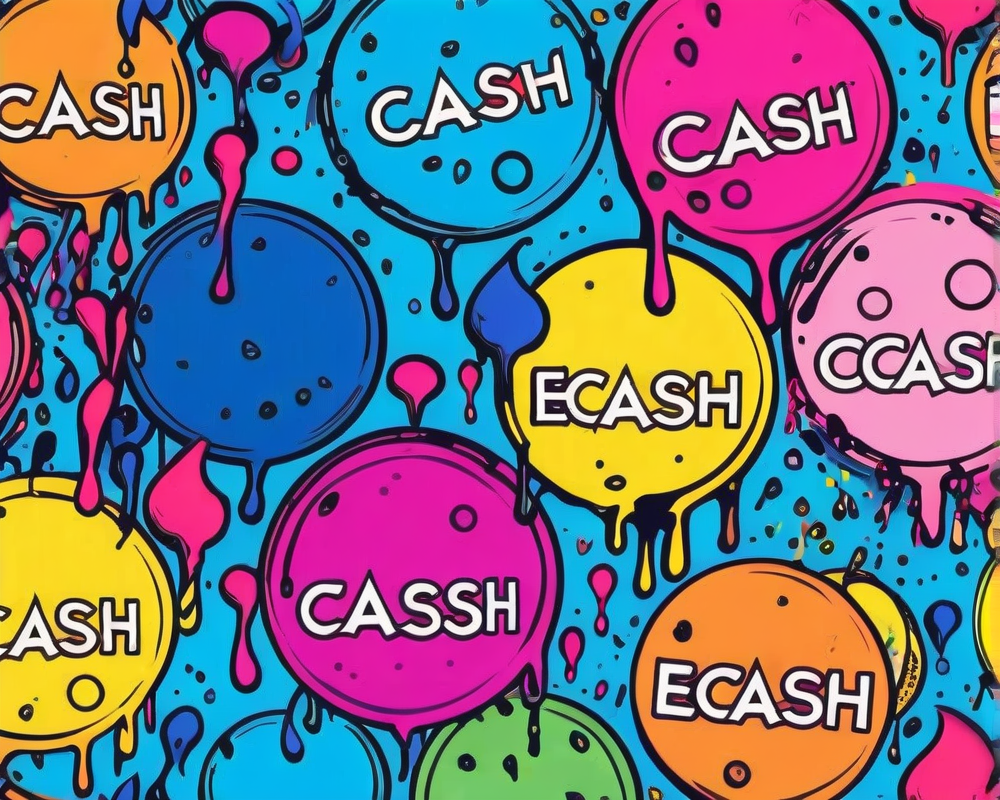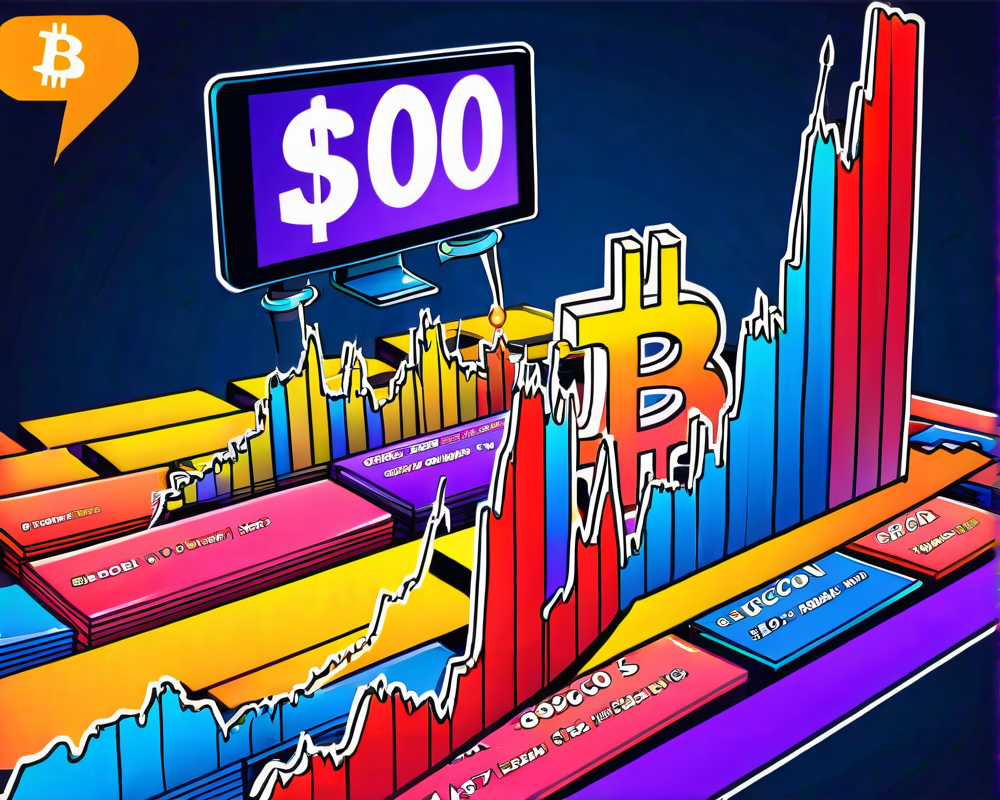What is the ECASH Act?
The Electronic Currency and Secure Hardware Act, or the ECASH Act, was introduced in Congress, laying out a bold vision for an electronic form of the U.S. dollar. Not your typical digital currency, this initiative is pushing to bring cash-like features to the digital realm while ensuring robust protections for consumers and their data.
Who’s Behind It?
Spearheaded by Representative Stephen Lynch and backed by a coalition of progressives, civil libertarians, and even crypto enthusiasts, the ECASH Act aims to make digital transactions accessible to everyone, especially those who might be economically or digitally marginalized. Lynch emphasizes consumer protection and privacy rights, something that echoes the values we cherish when dealing with physical cash.
The Unique Distinction
Unlike typical digital currencies, which may rely on blockchain technology or central authority like the Federal Reserve, the e-cash proposed by the act is to be issued by the U.S. Treasury Department. This means it doesn’t fall under the umbrella of a central bank digital currency (CBDC). Imagine paying for your morning coffee with a secure, privacy-respecting electronic dollar without worrying about who is tracking your every transaction!
How Would This Work in Real Life?
Picture this: you and a friend decide to throw in for a pizza. Instead of fumbling for cash or swiping that credit card, you simply bump your phones together, and bam — the transaction is done! E-cash promises to facilitate swift, offline, peer-to-peer transactions, keeping it as simple as physical cash, but digitally native. As appealing as it sounds, the convenience does bring a new twist of responsibility—if you lose your device, just like misplacing your wallet, you lose your money. Oops!
Is This Just Another Buzzword?
Critics may argue about the risks of bypassing central banks and the traditional mechanisms that govern monetary policy. With no ledger to record transactions, e-cash offers an unprecedented level of anonymity. But hold your horses: it’s still subject to federal regulations similar to physical cash, including anti-money laundering and Know Your Customer policies. The bill plans to keep things secure, even if our transactions resemble the old school.
The Road Ahead
Set to kick off a two-phase pilot program within 90 days if enacted, e-cash could roll out to the public within four years. As our world watches the rise of digital currencies, the U.S. must navigate this evolving landscape carefully. Representative Lynch points out that the pace of digital innovation in currency is vital for maintaining U.S. leadership on the global stage.
Final Thoughts
While the ECASH Act has sparked debates about privacy, access, and the future of currency, one thing is clear: we’re in for a wild ride as we enter the age of digital cash. Love it or hate it, the way forward is paved with pixels.




